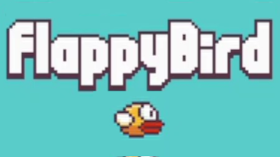I mean, don’t HIT a pipe, or you’ll GO down!
Almost a decade ago, a very simple game was hatched from the mind of Vietnamese programmer Dong Nguyen. The game, Flappy Bird, was a very simple sideways scrolling game with only one control requirement – to tap the screen. This caused Faby, the flappy bird in question, to flap its wings and gain some height, otherwise it’d descend – all the while flying to the right.
Update, 23rd June, 2022: The RISC OS version of this game has now been withdrawn until further notice – please see the explanation below.
Obstacles in the game are equally simple; pipes scroll into the play area with gaps in them at varying heights, and the objective is to control Faby’s height to ensure it flies through those gaps, and neither hits the pipes nor crashes to the ground.
There is a lot more history to the game, which includes the player character actually coming from another game that didn’t see the light of day, the game going unnoticed initially and then going viral, and the developer withdrawing it because he said it was too addictive. There is only one element to that history that matters today, though – which is that it’s now available for RISC OS.
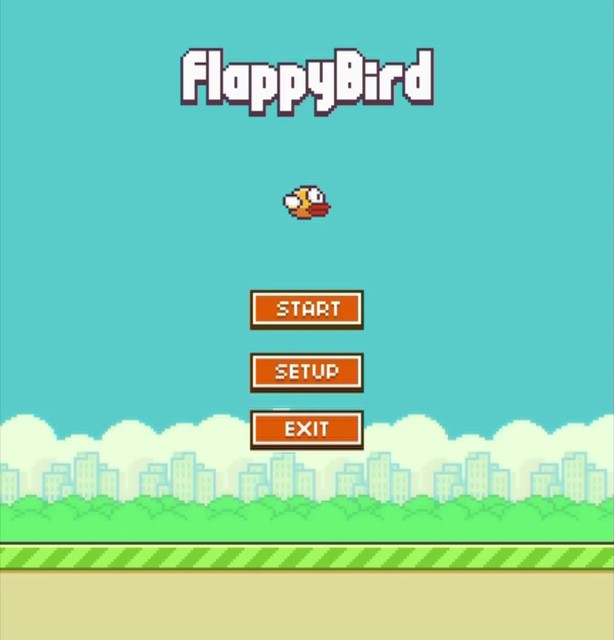
The game has been brought to our platform by Jeroen Vermeulen, developed in BBC BASIC using AMCOG’s Game Development Kit, and can be downloaded completely free of charge from !Store. The simplest way to play matches the original, with a tap of the Enter/Return key taking the place of a tap on the screen (though you are of course welcome to tap the screen; it just won’t achieve very much).
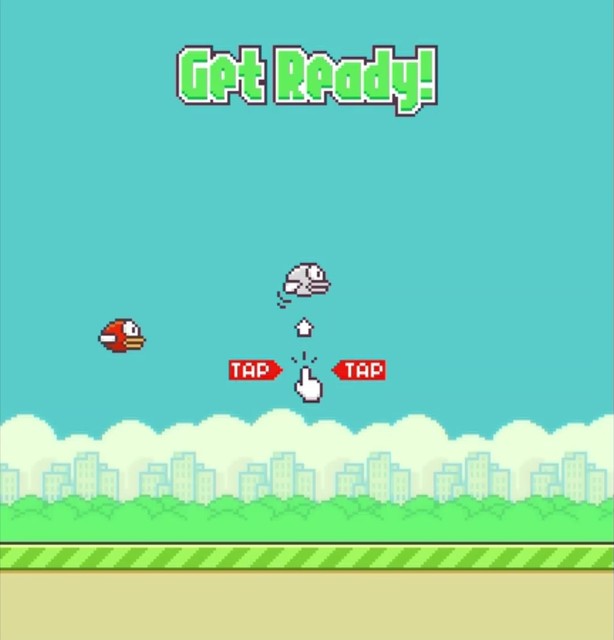
Features include in game music and sound effects, three difficulty levels, the ability to play in a normal or slightly wider screen, extras to be unlocked, day and night modes, and more. it has been tested on RISC OS 5.27 on a Raspberry Pi 2B, a 4, and on RPCEmu 0.9.3 – but because it uses the AMCOG kit, although untested it should work on most other RISC OS 5 platforms.
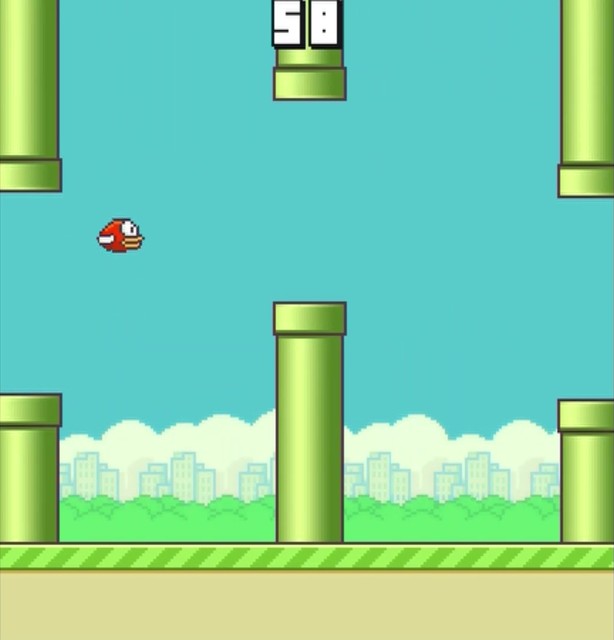
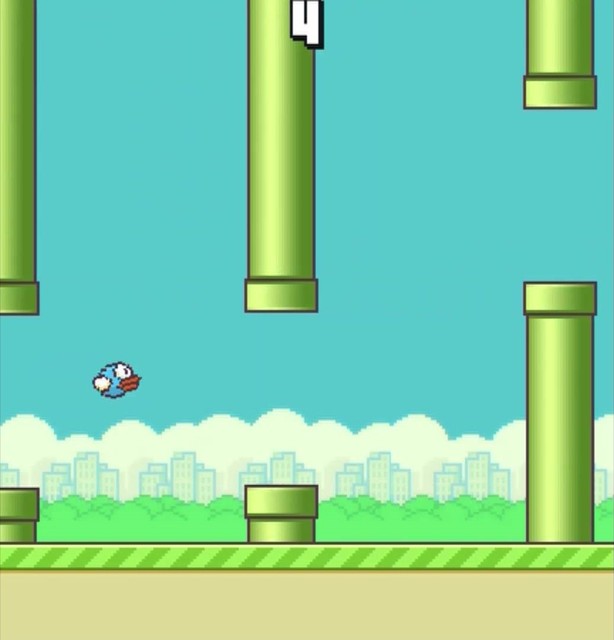
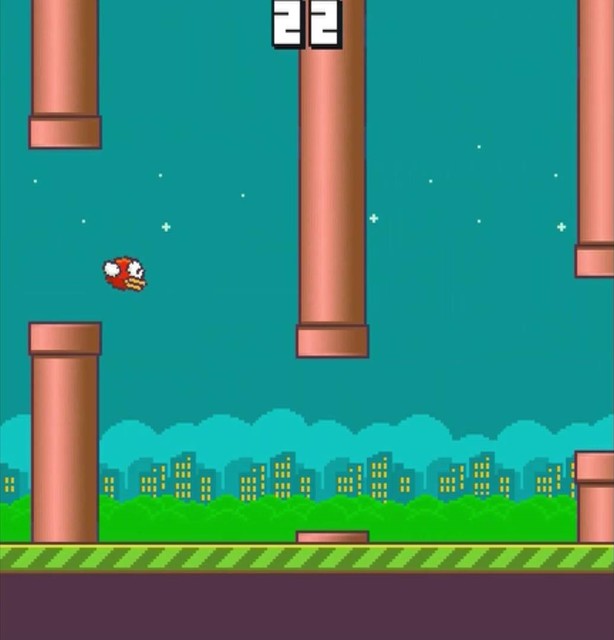
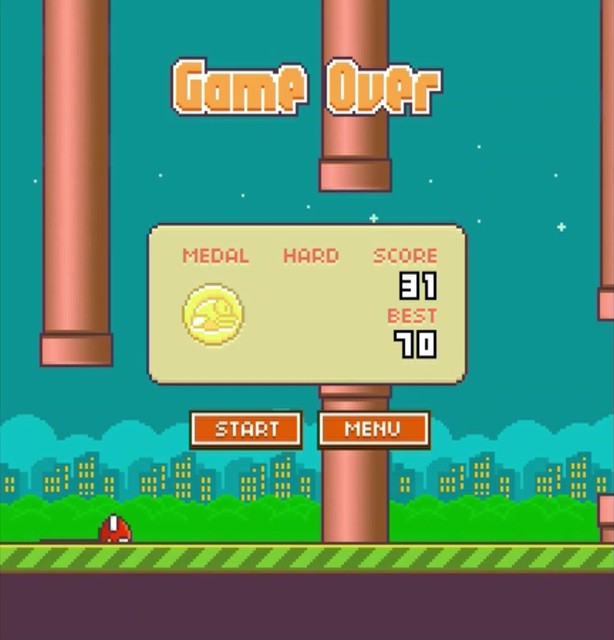
Update, 23rd June, 2022: This game has now been provisionally withdrawn
Although I knew some of the history of the original game, when I wrote this post and searched online to double check dates, etc., what I didn’t consider was the legal status of the original game – I simply assumed that Jeroen would have based his version on another open and legal one. However, when I tweeted the post I had a reply from the @riscos Twitter account, asking “Surely that’s a rather blatant copyright infringement?”. My initial response was to refer the account holder to the developer (and the developer of the version that I suspected it was based on) – but I did then look a little further.
My conclusion was that the person behind the @riscos account is almost certainly correct, so I contacted Jeroen and made him aware. He in turn has tried to pull the game from !Store, but so far with no luck (I believe he is now in contact with Andrew Rawnsley to resolve this) – and as an alternative/interim solution I’ve suggested replacing the !Store text with something explaining the situation, and replacing the zip file with one containing the same text.
Jeroen has also confirmed that his version was based on a Python/Pygame version, and he’s been in touch with its developer, who in turn explained that his version uses code he created himself, which is released under the MIT licence, but the other assets used – the graphics and sound – are linked, rather than included, and he doesn’t know their legal status.
Since Jeroen’s code is based on that version, that means the program itself is fine – and it would be a shame to let the effort go to waste. As such, Jeroen is looking to create a new version based on his code, with alternative graphics, and perhaps other changes as well to make it a better game – hopefully under a new, non-infringing name. In the meantime, however, please consider the game withdrawn until further notice.


